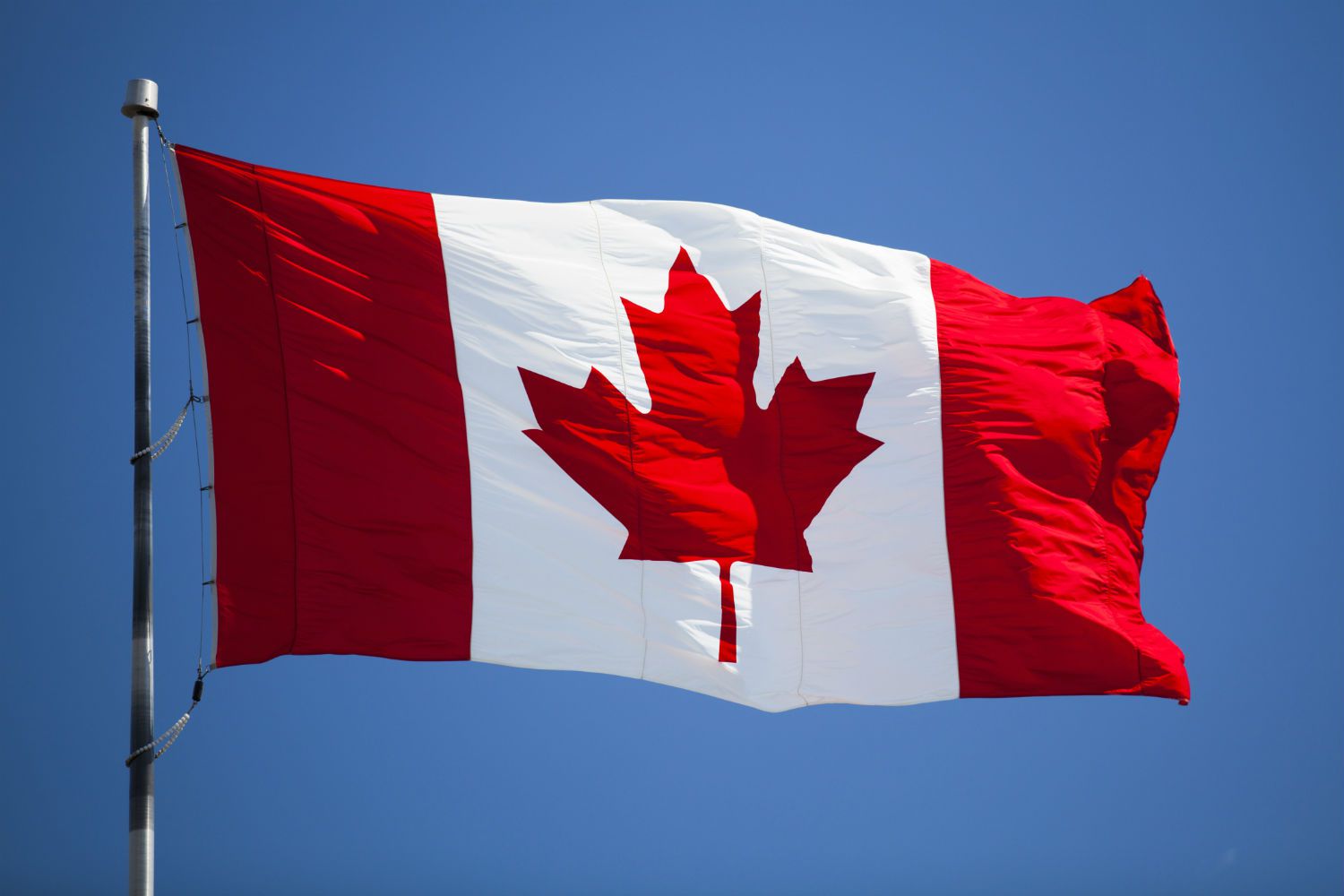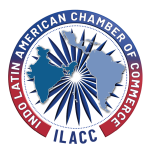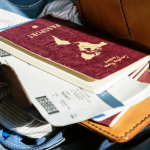Canada’s immigration policies are undergoing significant changes, impacting both prospective and current international students. The recent announcements by Immigration Minister Marc Miller outline several key measures aimed at managing the intake of international students and enhancing the quality of their experiences in Canada. Here’s a breakdown of the most crucial updates and how they affect international students:
International students make important contributions to Canada’s campuses, communities and economy; however, we have seen unsustainable growth in the International Student Program in recent years,” the IRCC said in a statement. These recently announced reforms will support sustainable population growth in Canada and improve system integrity, while helping to ensure that international students have a positive experience in Canada.- By Immigration Minister Marc Miller
1. Study Permit Cap and Provincial Attestation Letter (PAL)
Beginning January 22, 2024, new post-secondary international students at the college or undergraduate level must submit a Provincial Attestation Letter (PAL) along with their study permit application. This letter is crucial as it confirms the student’s accommodation within the national cap set by the government. It’s essential to note that applications lacking a PAL may be rejected by Immigration, Refugees, and Citizenship Canada (IRCC), except for those exempted.
Who Needs a PAL?
- Most post-secondary study permit applicants
- Most non-degree granting graduate programs (e.g., certificate programs, graduate diplomas)
- Others not included in the exemption list
Who Doesn’t Need a PAL?
- Primary and secondary school students
- Master’s or doctoral degree students
- Visiting or exchange students
- In-Canada study permit and work permit holders
- In-Canada family members of study permit or work permit holders
2. Post-Graduation Work Permit (PGWP) Update for Master’s Degree Graduates
Graduates from master’s degree programs lasting less than two years are now eligible for an extended 3-year Post-Graduation Work Permit (PGWP), starting February 15. This adjustment aims to support graduates in gaining valuable Canadian work experience, enhancing their prospects for permanent residence.
Who Is Eligible for a Longer PGWP?
- Graduates of master’s degree programs less than 2 years in length
3. PGWP Eligibility for Public-Private Partnership (PPP) College Programs
Concerns regarding the quality of education and support services in public-private partnership college programs have led to modifications in PGWP eligibility. New students enrolling in these programs will not be eligible for a PGWP, whereas existing students remain eligible if they meet other program criteria.
4. Changes to Open Work Permit Eligibility for Spouses
Eligibility for open work permits for spouses and common-law partners of international students is being adjusted. After these changes take effect, only spouses of students enrolled in graduate (master’s and doctorate) and professional degree programs will remain eligible for open work permits.
What You Need to Know:
- Spouses and common-law partners of students in other educational levels may lose eligibility for an open work permit unless they already possess one under this specific category.
These policy changes reflect Canada’s commitment to managing international student immigration sustainably while ensuring a positive and enriching experience for students. It’s crucial for prospective and current international students to stay informed about these updates and seek guidance from official sources, such as Immigration, Refugees, and Citizenship Canada (IRCC), for personalized assistance.
As Canada continues to evolve its immigration framework, these measures aim to strike a balance between welcoming international talent and maintaining the integrity and quality of its educational institutions. For the latest information and resources, stay connected with official channels and immigration updates to navigate these changes effectively.
For more details and personalized guidance, connect with our experts or consult with an authorized immigration counselor to ensure a smooth transition and a successful journey as an international student in Canada.










